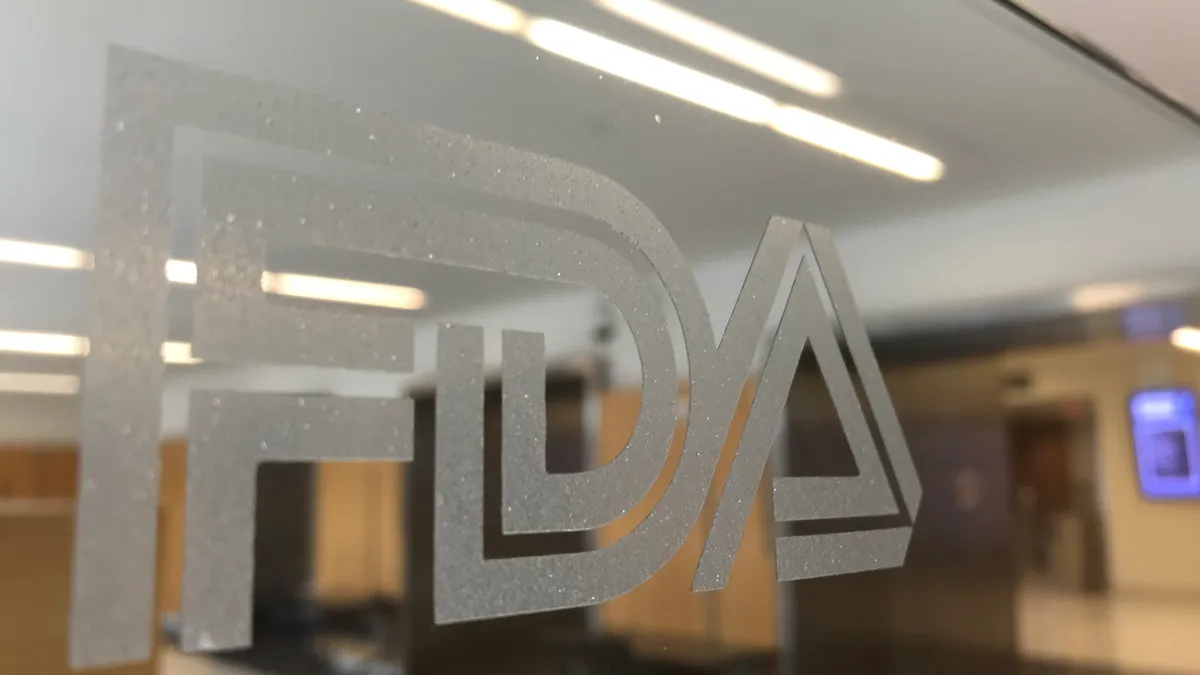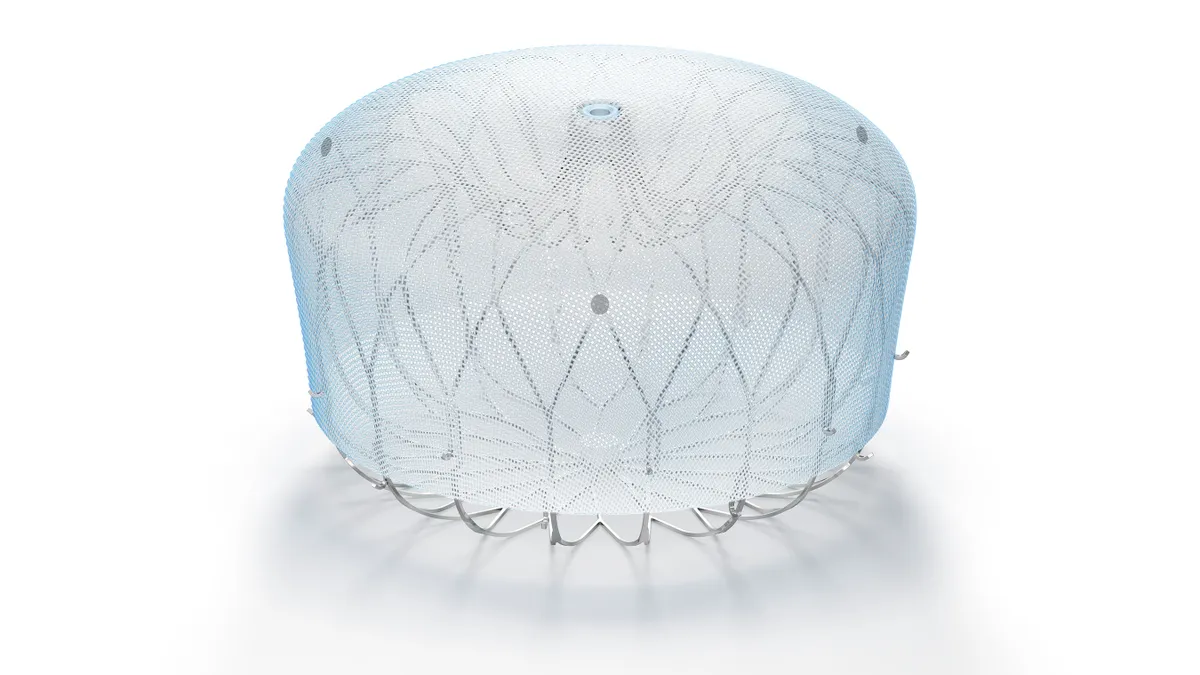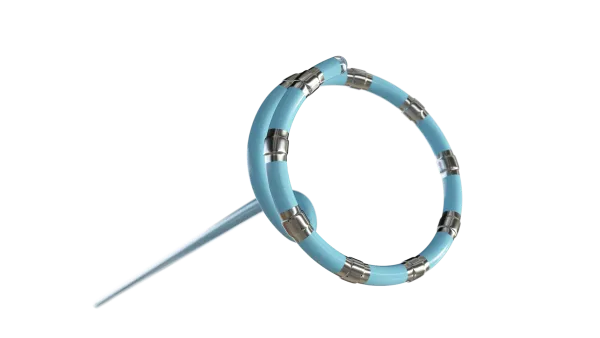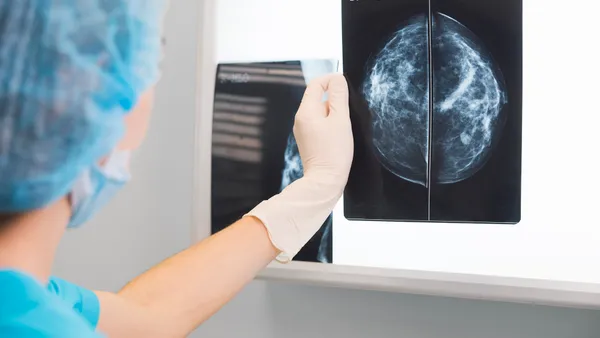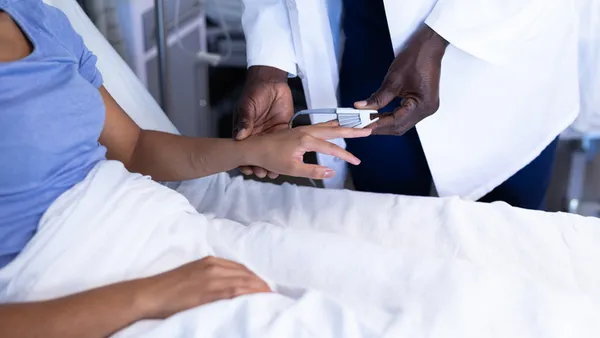Dive Brief:
-
FDA has authorized Cognoa's machine learning-based software for use in the diagnosis of autism spectrum disorder (ASD) in children aged 18 months to five years.
-
The software as a medical device, which uses an algorithm, reports a positive or negative diagnosis based on analyses of videos of the child and input from caregivers, parents and healthcare providers. In a study of 425 subjects, the software delivered 15 false positives and one false negative.
-
Participants in the trial were an average age of 2.8 years. The average age of diagnosis in the real world is 4.3 years, suggesting the software can facilitate early detection and treatment. The ASD diagnostic got the FDA's breakthrough designation in early 2019.
Dive Insight:
ASD manifests in a wide range of symptoms, making it hard to diagnose. Referrals to specialists can add to the time to diagnosis. FDA sees value in lowering the age at which ASD is typically diagnosed.
"Autism spectrum disorder can delay a child's physical, cognitive and social development, including motor skill development, learning, communication and interacting with others. The earlier ASD can be diagnosed, the more quickly intervention strategies and appropriate therapies can begin," Jeff Shuren, director of FDA's Center for Devices and Radiological Health, said in a statement.
Cognoa developed its ASD diagnosis aid to address the need outlined by Shuren. The product consists of a mobile app that caregivers and parents use to answer questions and upload videos, a portal specialists use to analyze videos and a portal healthcare providers use to answer questions.
The Cognoa algorithm processes data shared through the three components and delivers a positive or negative diagnosis, provided it has enough information to make a decision. In a clinical trial of 425 subjects, the algorithm provided a positive or negative result in 32% of patients.
Most of the diagnoses matched the conclusions of a panel of clinical experts. Eighty-one percent of the device's positive diagnoses matched the conclusions of the expert panel. The success rate of the device's negative predictions was 98%.
FDA identified misdiagnosis and delayed diagnosis because of, respectively, false positives and false negatives as risks associated with the device. However, the agency concluded the benefits outweigh the risks, leading it to authorize the algorithm via its De Novo pathway and establish special controls for the new type of medical device. Developers of similar devices can now come to market via the 510(k) pathway.
The FDA's authorization comes around two years after Cognoa disclosed breakthrough designations for its ASD diagnostic and digital therapeutic. Cognoa's digital therapeutic is still in development.

